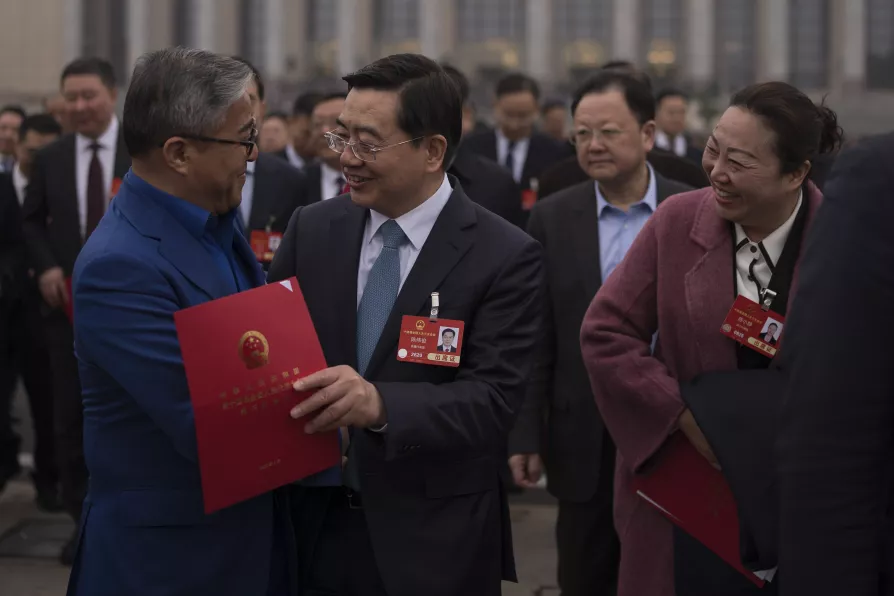By pressuring Mexico to halt oil shipments, Washington is escalating its blockade of Cuba into a direct bid for economic collapse and regime change, argues SEVIM DAGDELEN

 Delegates chat as they leave the Great Hall of the People after attending the closing ceremony of the recent Two Sessions Congress in Beijing
Delegates chat as they leave the Great Hall of the People after attending the closing ceremony of the recent Two Sessions Congress in Beijing
WILL Labour take a more rational approach to China than the Tories did? Or continue the drive to trade decoupling and war led by the United States?
Optimism was in the air at a China Media Group meeting bringing together the country’s ambassador to Britain Zheng Zeguang and business figures earlier this week. The Donald Trump government was not named, but its disruptive character was referenced — Zheng observed that “unilateralism and protectionism are on the rise and power politics runs rampant;” the chairman of the China-British Council, Sir Sherard Cowper-Coles, spoke of the “orange-coloured elephant in the room.”
China in Springtime reported back on the recent Two Sessions, as the simultaneous meetings of China’s national policy-making forums — the legislative National People’s Congress, and the advisory People’s Political Consultative Conference — are known.

Morning Star editor BEN CHACKO reports from the start of Kunming’s Belt and Road media forum, where 200 journalists from 71 countries celebrated a new openness and optimism, forged by China’s enormous contribution to global development

FRANCISCO DOMINGUEZ says the US’s bullying conduct in what it considers its backyard is a bid to reassert imperial primacy over a rising China — but it faces huge resistance

JENNY CLEGG reports from a Chinese peace conference bringing together defence ministers, US think tanks and global South leaders, where speakers warned that the erosion of multilateralism risks regional hotspots exploding into wider war











